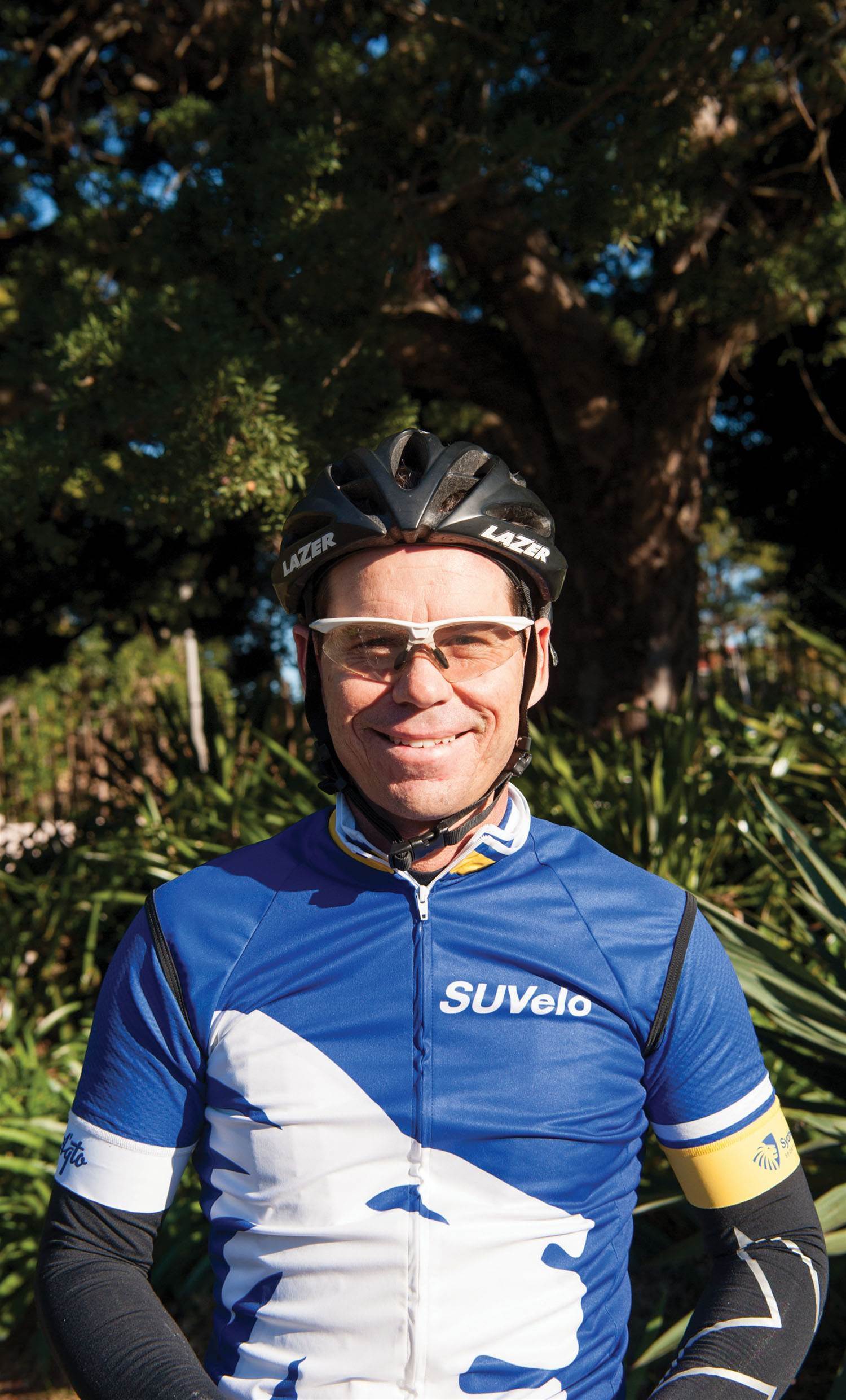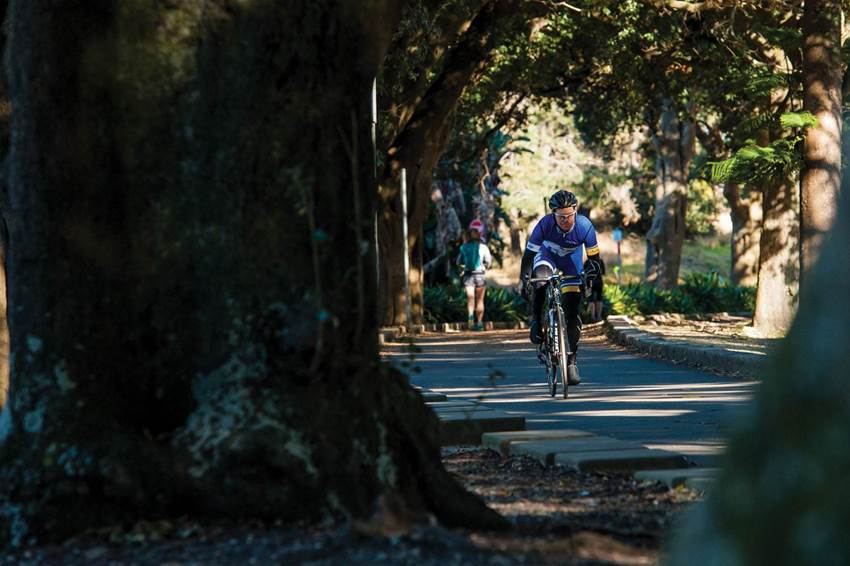Scott Draper played two different sports as a professional, but is now turning his hand to helping business individuals improve their performance.
Draper himself starting cycling seriously – on a mountain bike in Queensland – as part of a cross-training regime while playing top level tennis. He then switched to road riding, having moved to Melbourne a couple of years after retiring as a professional sportsman.
As someone who obviously loves to compete, Draper set his sights on entering decent level cycling or triathlon events – but was then scuppered by a knee injury.
He subsequently moved to Brisbane and admits he “lost his cycling mojo” without his regular riding group, but is now getting back into the groove since setting up home in Sydney and hooking up with a new club.

“If I do something, I want to do it well - that’s my personality. I’m very competitive, which can be a good thing or a bad thing,” admits the 43-year-old.
“But at my age and my stage of life it’s now more about just keeping fit and healthy and riding with mates and having a coffee afterwards. When I was down in Melbourne I fell in love with pack riding. The camaraderie is great and there’s also that element of competitiveness as well that I enjoy.”
Given his sporting history, Draper has surprisingly still never seriously competed in any cycling event – but admits he may have to finally scratch that itch.
“I’ll have to do something at some point,” he explains. “I think at the moment I’d be decent B-grade rider.
“I would not want to do anything longer than 100km in a pure race. Those long distance things just don’t interest me. But maybe I’ll do a crit or a road race somewhere. I might even do a triathlon – if I thought my knees were up for it!”
Top tips for improved workplace productivity
* If you are constanly hammering yourself in your job, it will have a detrimental affect.
* Not doing the right things in terms of rest and recuperation, dealing with stress, exercising etc, means you’re going to struggle.
* Help manage your energy by having less meetings, doing more exercise, or scheduling in some downtime throughout the working week.
* Studies indicate our minds and bodies work on a 90-minute ultradian rhythm, so take a break every hour-and-a-half and get moving by going for a 5-10 minute walk.
* Try to ensure you don’t go to sleep stressed, as this will delay the time it takes for you to reach deep sleep which is believed to be vital for helping the brain to recover from its daily activities.
Related Articles

If the game is for the fans, let them follow the players

Elvis may not be The King. But Next Big Thing? Look out













